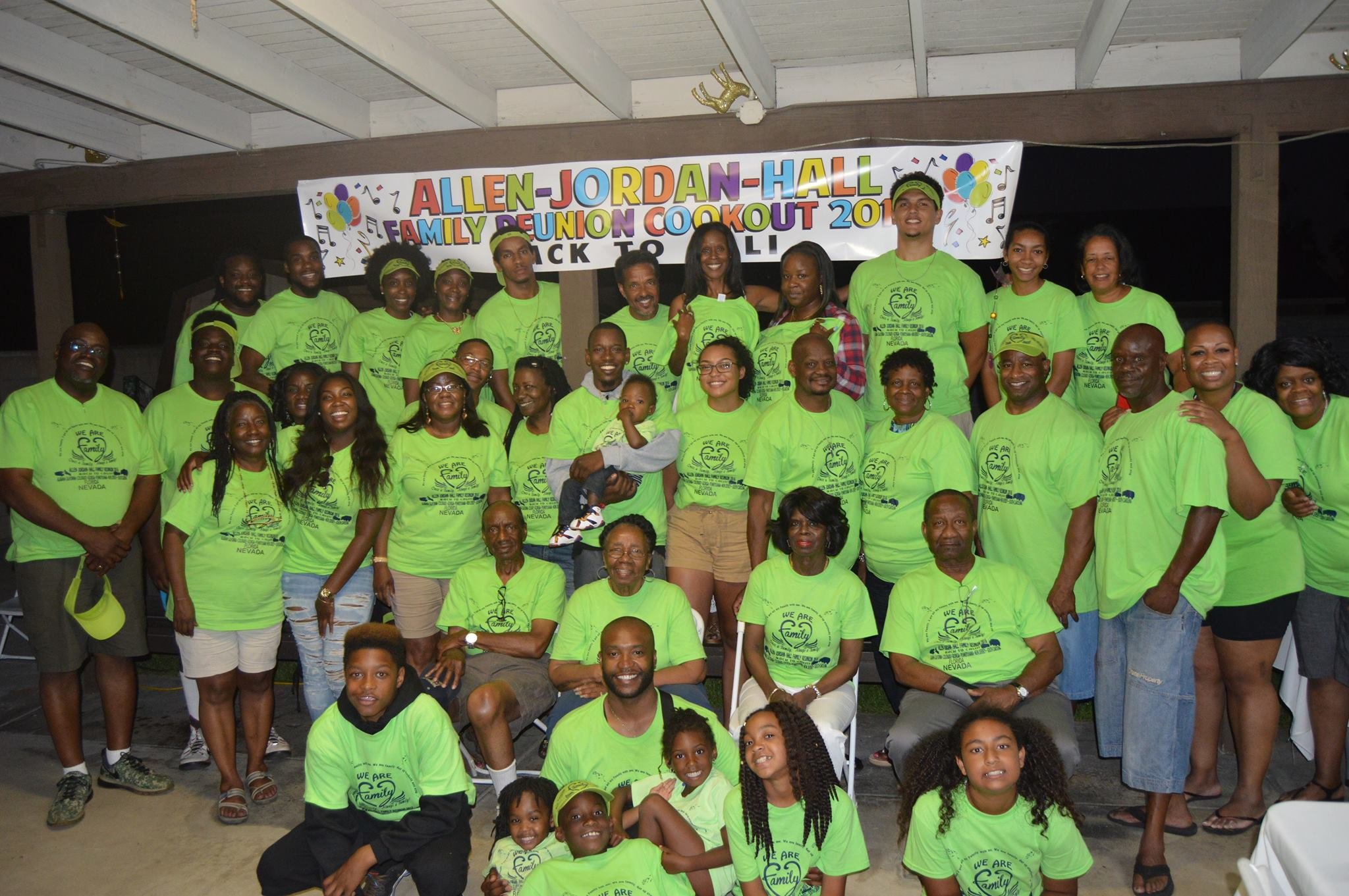
Our Family

The Little USA Community Solar Campus is a legacy project started by the Jordan-Allen-Hall family in Union Springs, Alabama. Alabama is deeply rooted in the family's DNA, with ancestors documented in records dating back to the early 1800s. For decades, the JAH family fought tirelessly, striving to make the most out of extreme historical events. Despite the chaos, uplifting communities' in need was always at the forefront of the family mission. This "mission" became the calling card for the family. Each generation to follow found a way to leave its mark on the community.
From 1899, through the tough times of the Great Depression, Judge Riley Jordan installed the first signature community investment, a local grocery store, named Jordan Community Grocery Store. The store was founded as a place for local farmers to bring crops and sell to residents in the area. Jordan's played a much bigger role, as it was the only grocery store that served African American citizens in the region. This store was the family’s opening step to becoming leaders in the local African-American community.

After seeing the success of the first store, a second location was added. In the 1950s, the Jordan-Allen-Hall family noticed another opportunity to bring a much-needed resource to Union Springs. Formal education was not a privilege awarded to the town's people of color and it was a glaring problem. Seeing this as a chance to balance the racial justice scale again, the JAH family pulled together the money they had earned and gave their children the ability to attend college. Some children chose to pursue their education even further and received college degrees from the esteemed Tuskegee University, as well as Alabama A&M. Upon graduation, several family members returned to Union Springs to teach local African-American children. Essie Mae Hall, their mother, became instrumental in starting the Head Start program in the local schools.
These stories of grandeur continue to serve as inspiration for the current generation and beyond. Just as their forebearers aimed to impact the surrounding rural towns, Little USA seeks to do the same by educating, revitalizing, and investing back into the community, which has become known as our Little USA.

